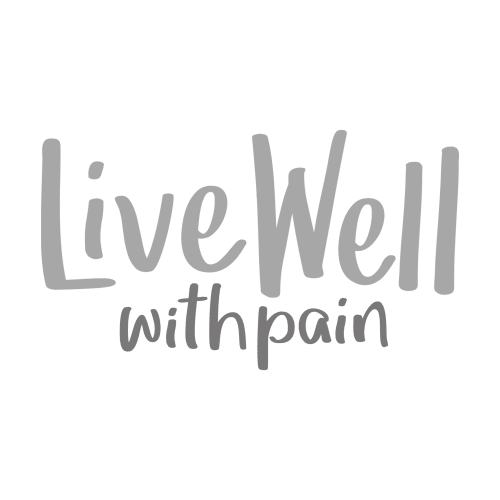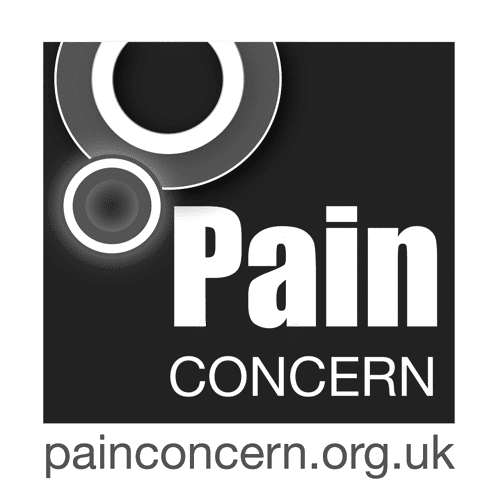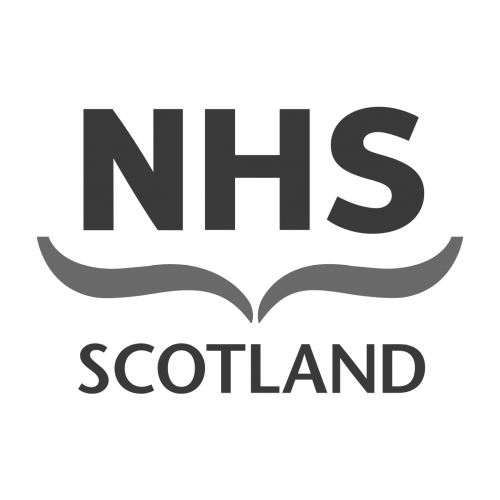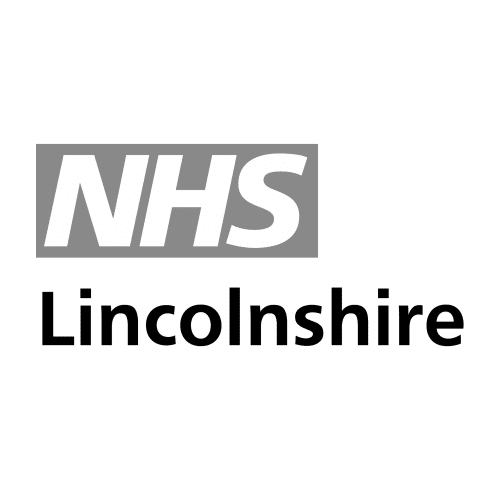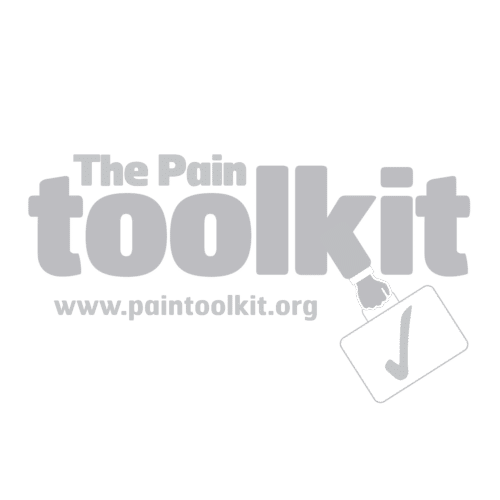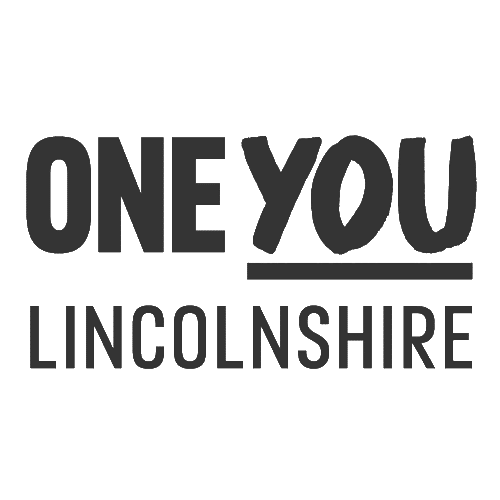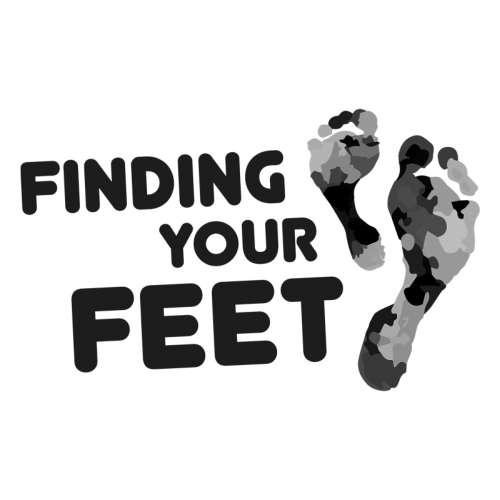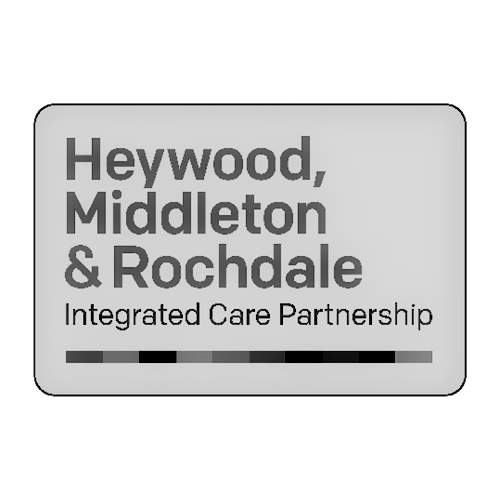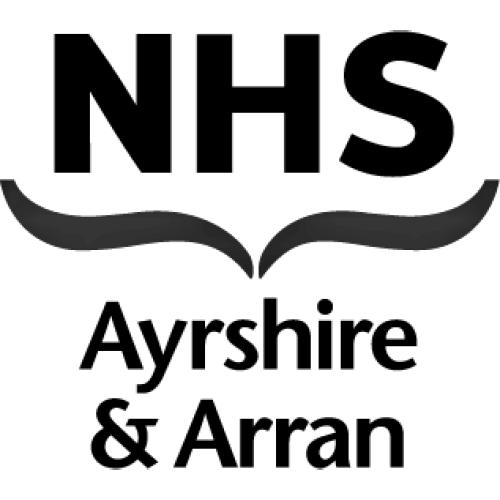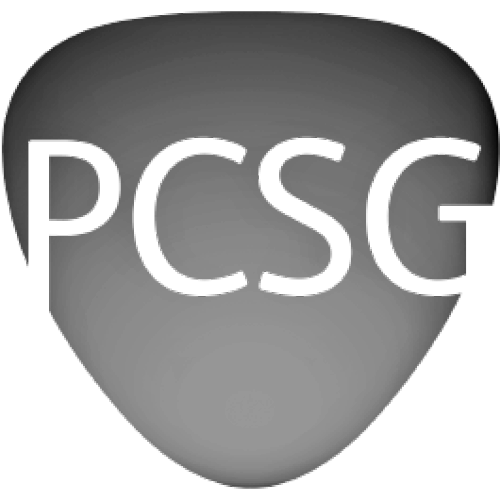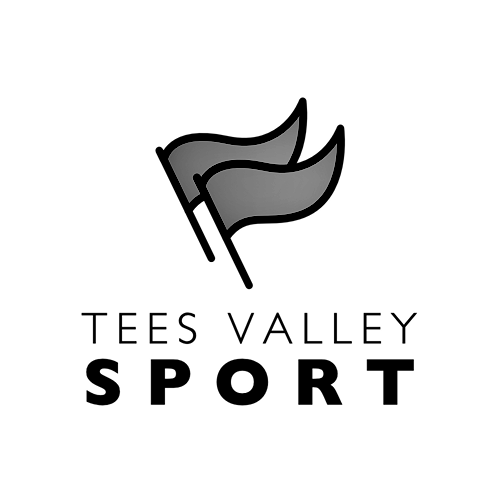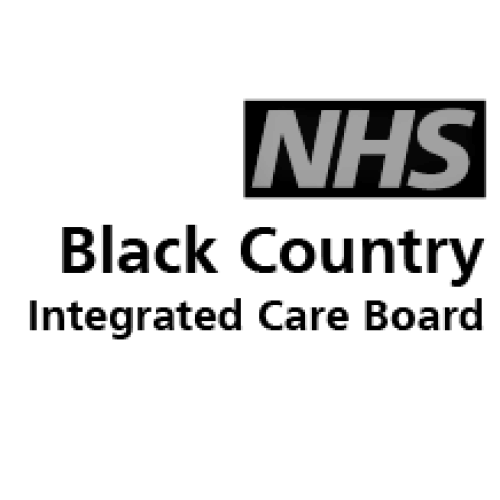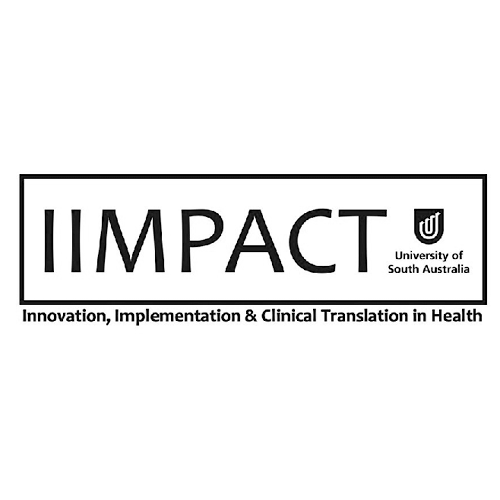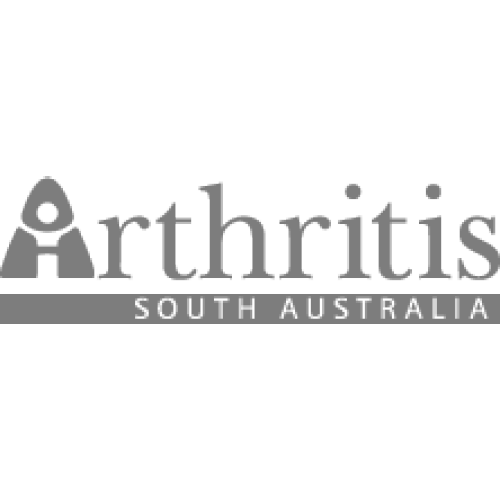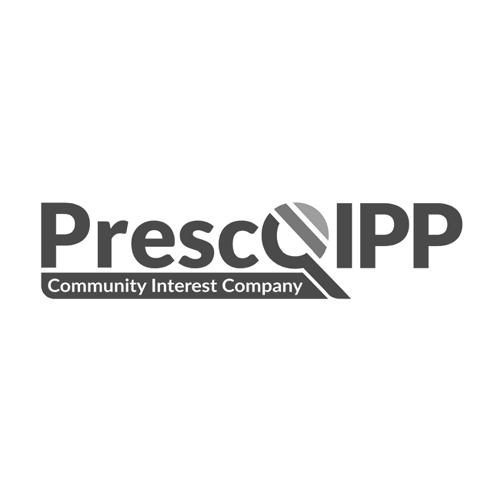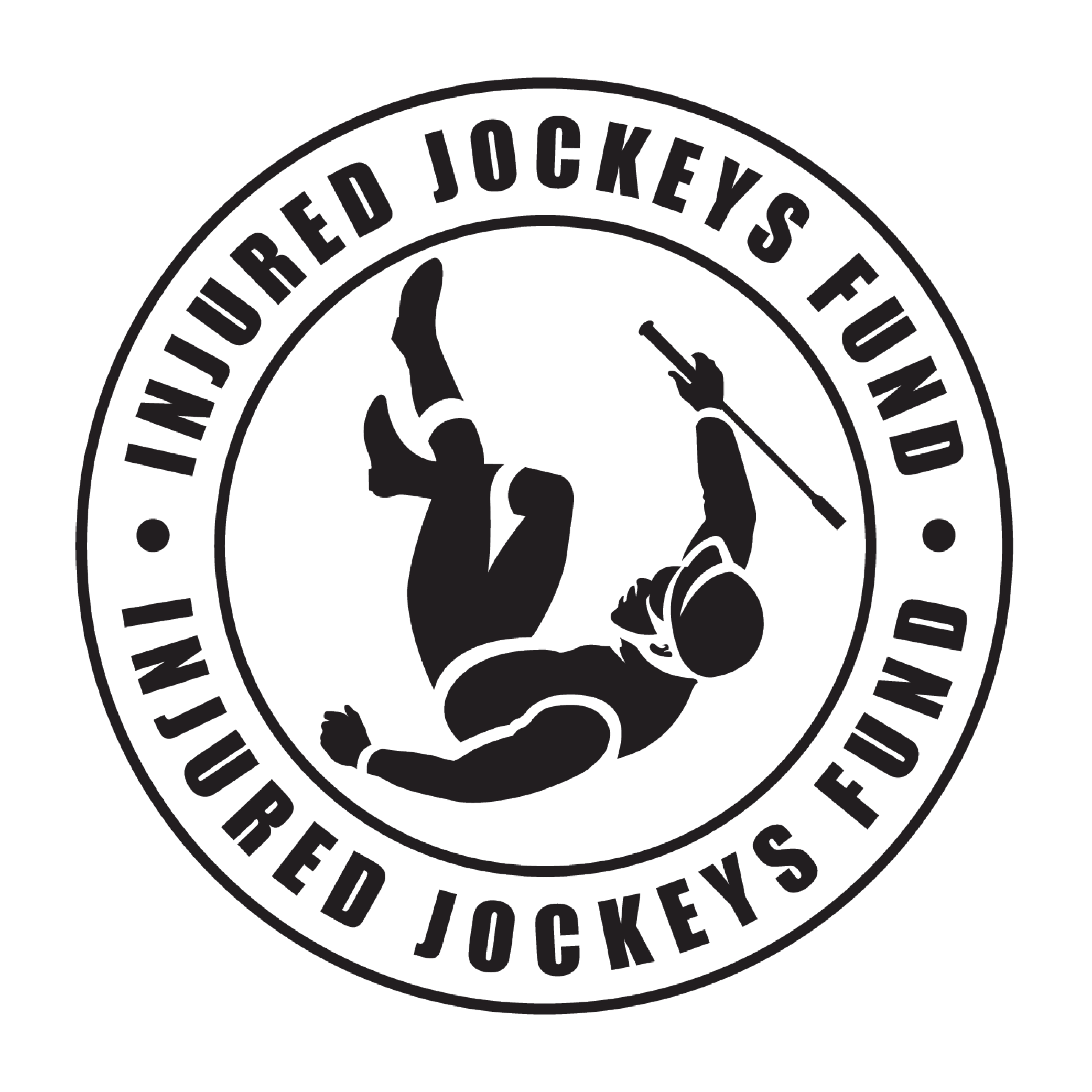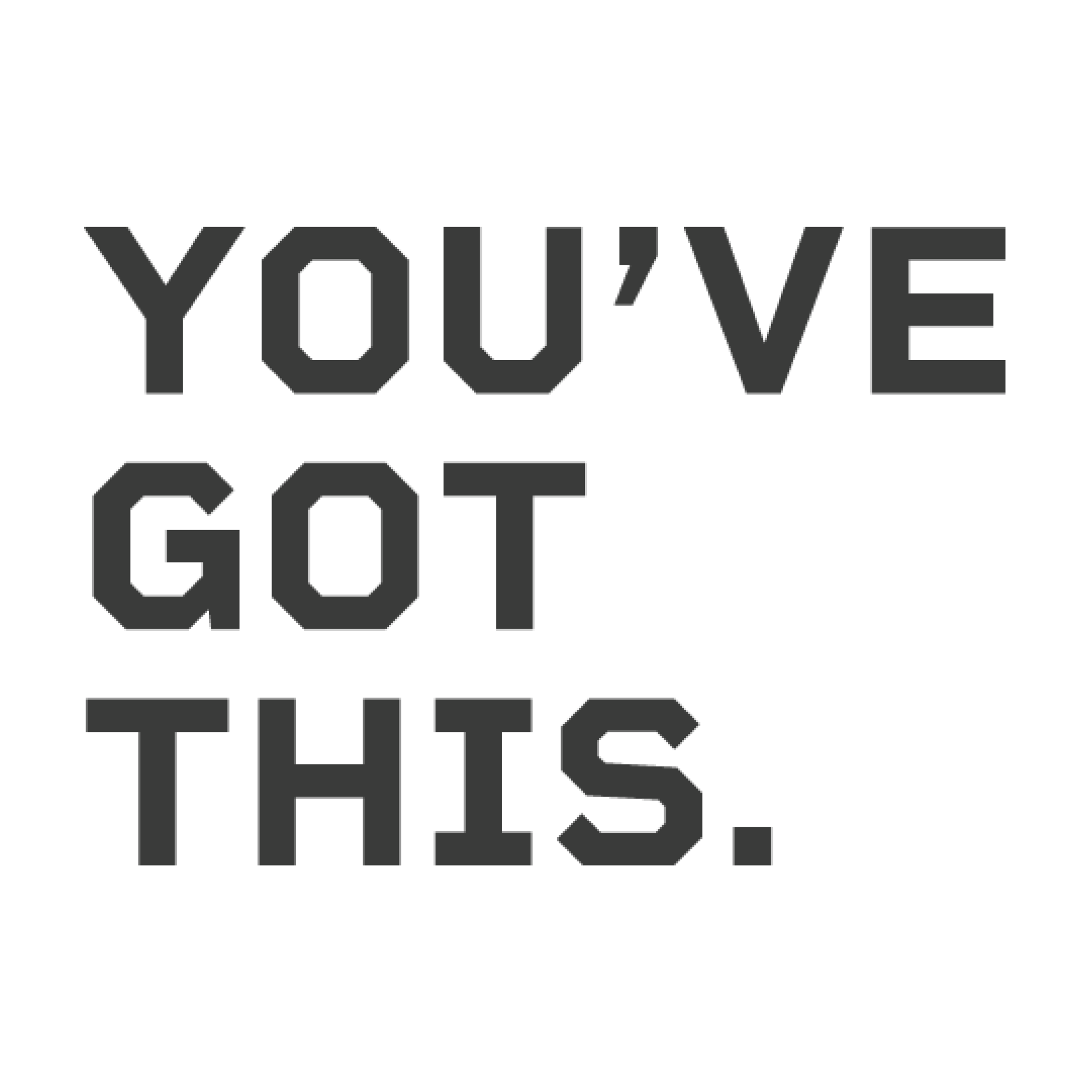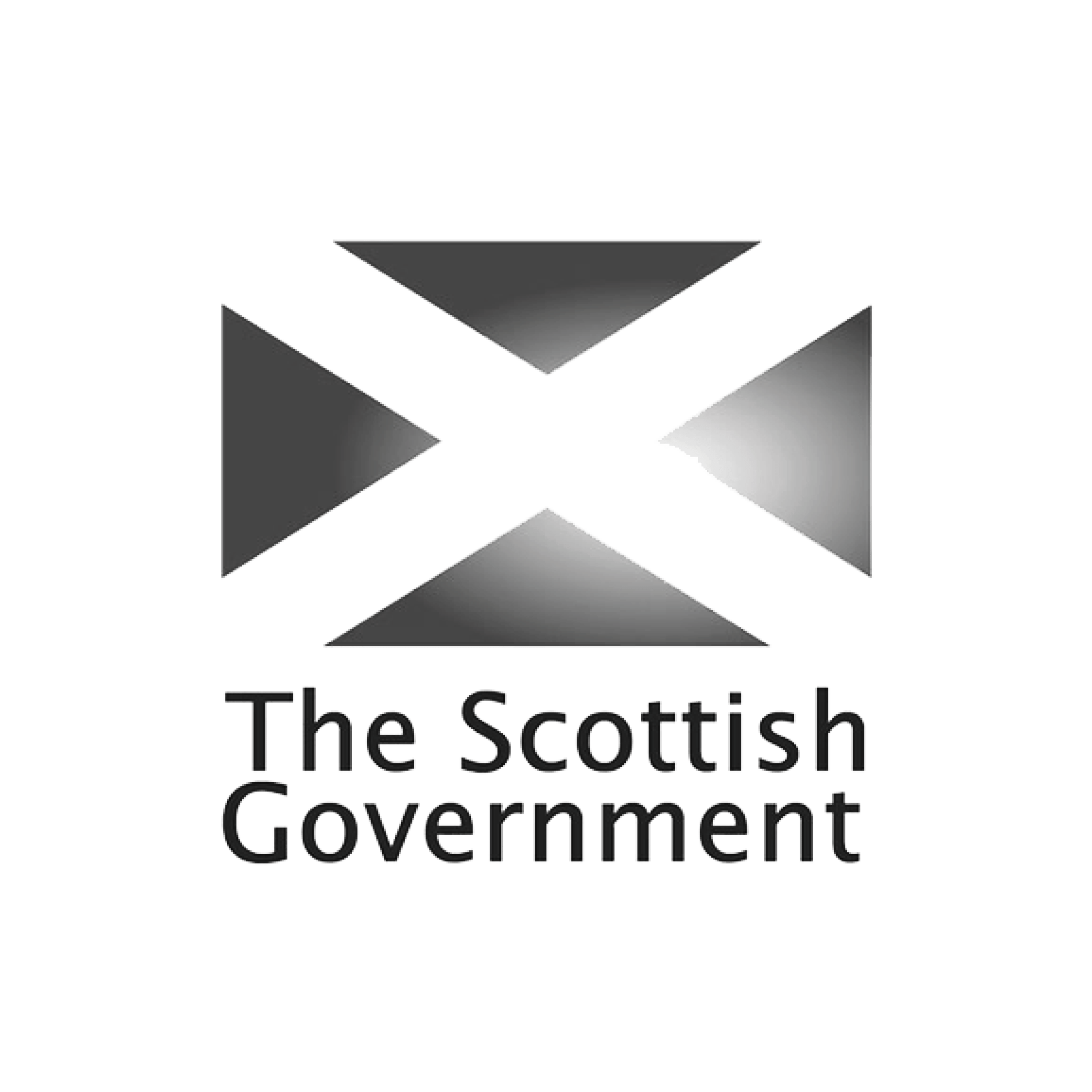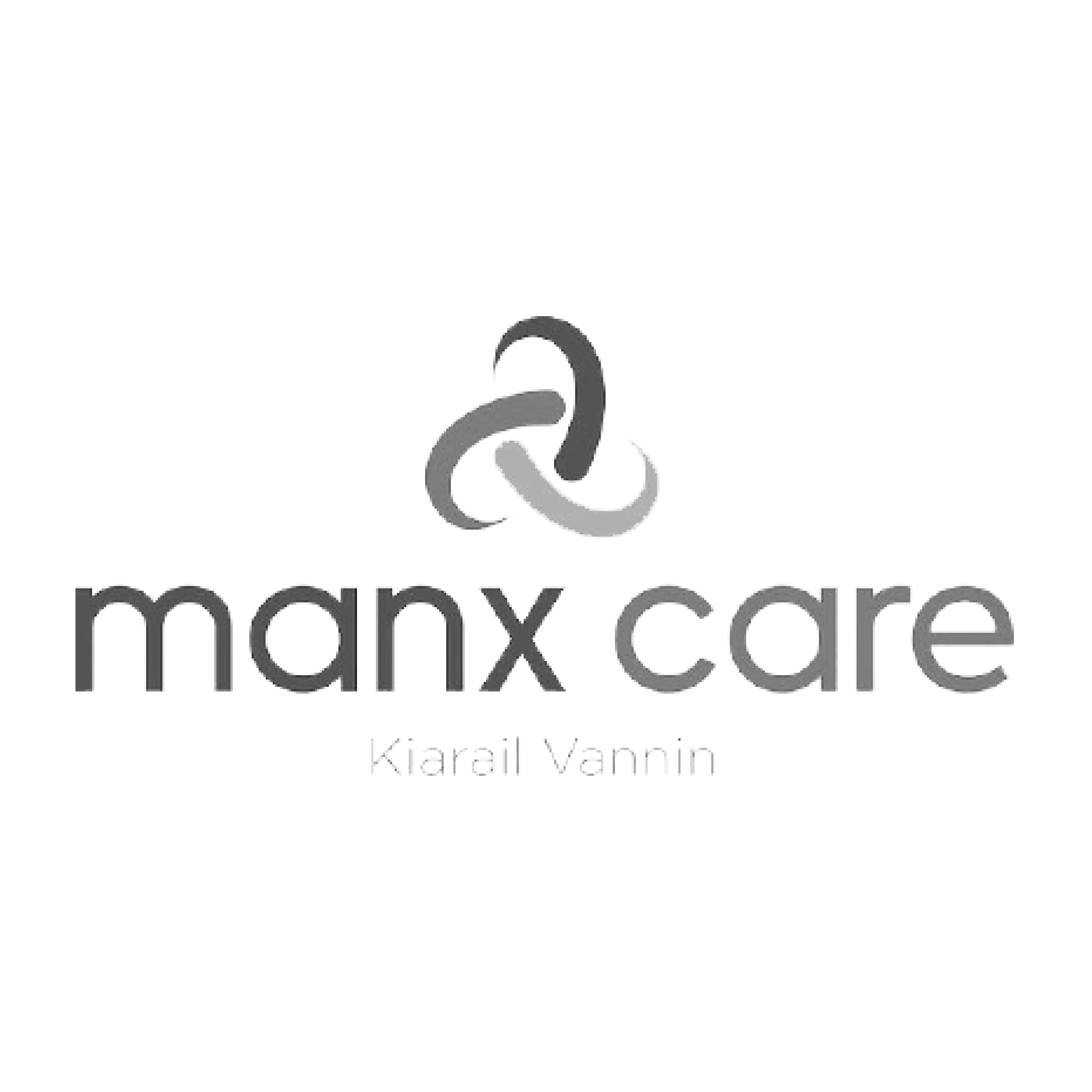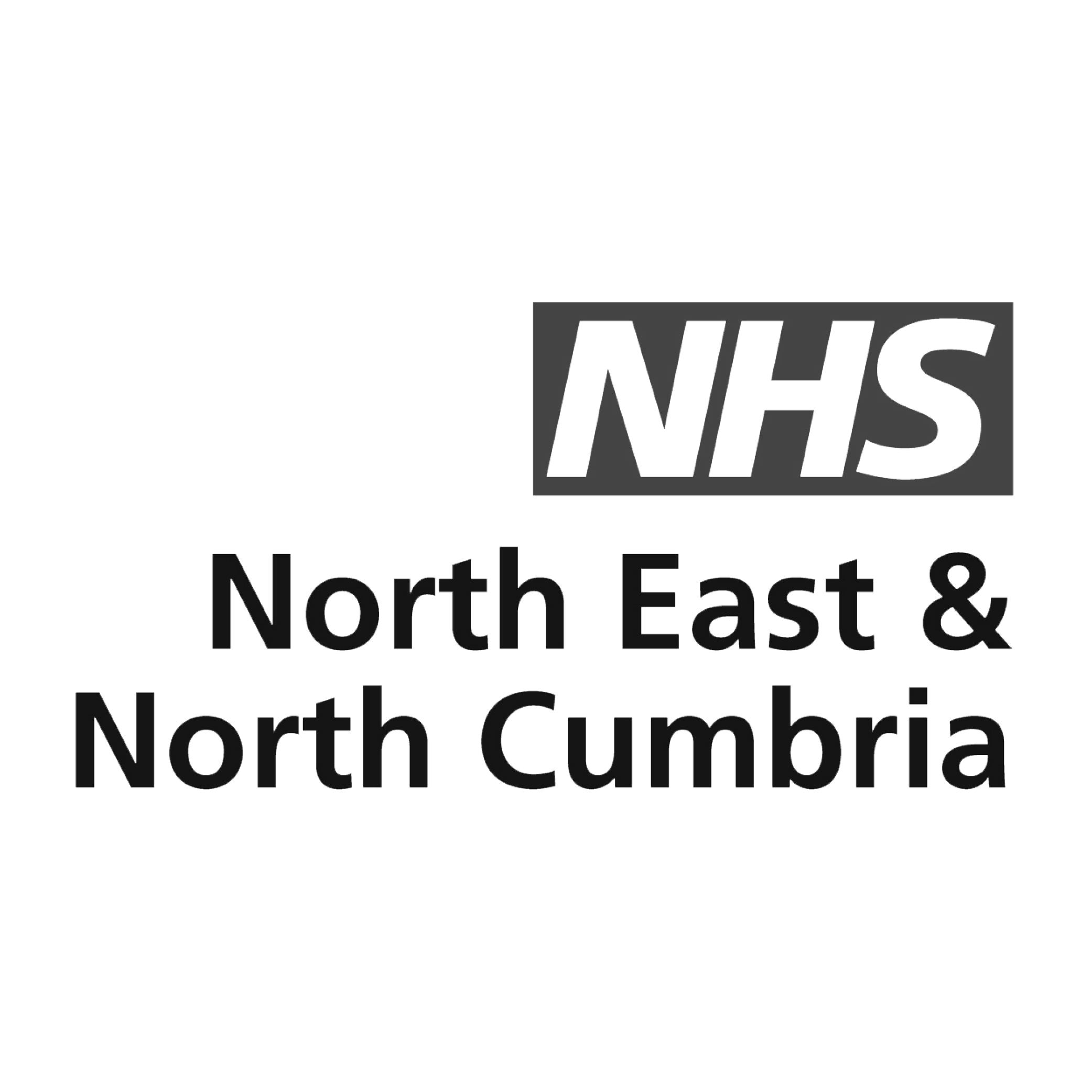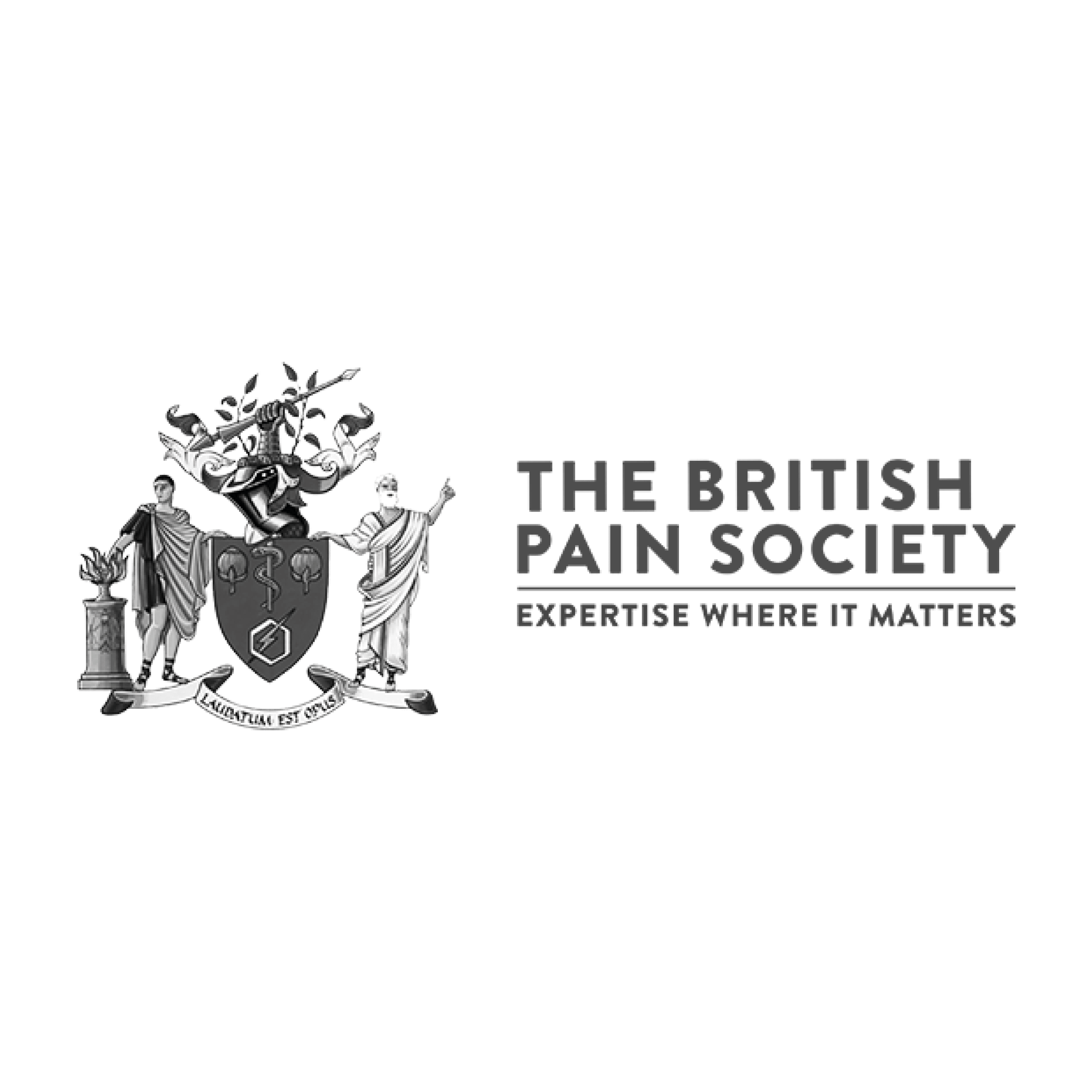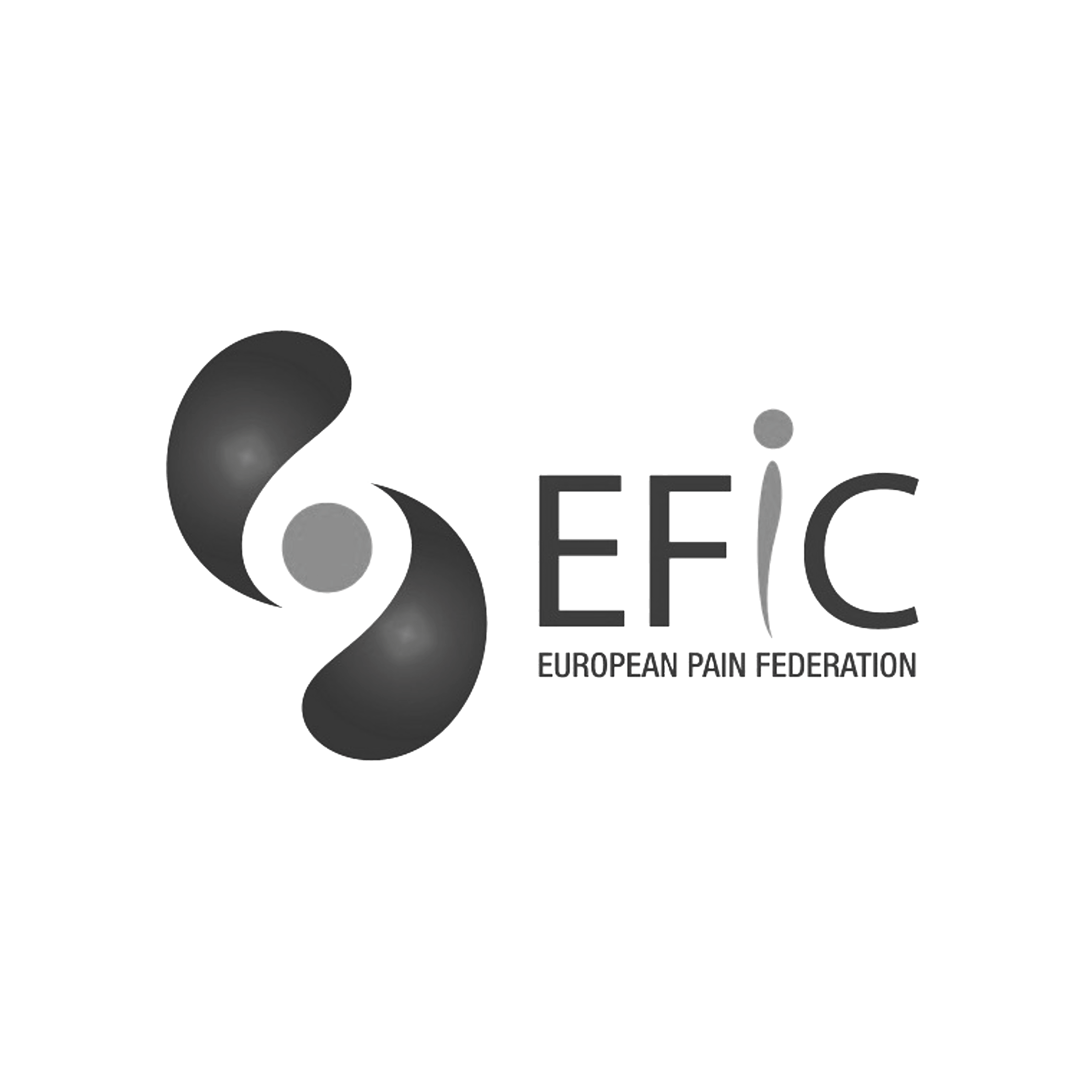Laura, 31, has lived with persistent pain for four years following an illness. She tells us how pain changed her life.

4 years ago, I was diagnosed with glandular fever. The advice I was given was simply “go away, rest, it’ll get better.” But it didn’t. Within 6 months I went from being super fit, to not being able to get out of bed. As time went on I was given new diagnoses, first it was post viral fatigue, and then Chronic Fatigue Syndrome (also known as ME). The pain caused me to leave my job, and to this day I still have persistent pain in my neck and my back.
I rarely talk about my pain, but I’ve chosen to now because I think being more vulnerable and open about it will be a key part of my healing.
I realise that hiding it or being unable to admit I’m in pain doesn’t help. I’ve never sought help through my GP or the NHS for my pain. I’m stubborn, and I didn’t like the framework of me being a ‘patient’ or an ‘ill person’ because I never saw myself that way.
Getting to where I am today has been a long journey and quite a lonely one, which I think other people with persistent pain will identify with. I’ve been given all sorts of explanations for my pain: pelvis misalignment, spine misalignment, vertebrae conked off. I’ve had a scan – which was absolutely fine apart from a slightly bulging disc, which is really normal for my age. ‘‘It’s all in your head’’ – I’ve had that one too. I just laughed and walked out! I’ve had my pain put entirely down to anxiety, although I know that does play a part. I’ve had all sorts of muscle strengthening, stretching, yoga, popping and pranging, acupuncture, suction cups, weird scrapy things, massage, the lot. Lots of it was helpful at the time – and you think I’ve found it! I’ve found the thing! But the pain always came back.
On your journey I think you have moments where you just need to stop and be with yourself for a while before you move forward a few more steps. When you have persistent pain, you have to find your own roadmap because no two people are the same. I have a type A high achiever personality and tend to push myself really hard, but having pain has really helped me soften the way I talk to myself.
I started to do things that I enjoy, rather than doing things with the aim of stopping the pain and my mindset shifted.
A key part of my recovery came when I went to see a climbing coach. He said, “I don’t want to know about your pain, I want to know about what you can do and what you want to do”. I wanted to climb that wall. I wanted to get on a bike for the first time in 2 and a half years. I wanted to run 5k. He helped me gain more confidence in my body. He threw me on a climbing wall and said he believed I could do it even though I was like ‘‘what?!’’. It was terrifying at first and I had loads of pain the next day, but at the time, it was great – I just did it. At the climbing wall, the focus was never about pain, it was about how I could get where I wanted to be. The coach saw me as a whole person who wanted to do stuff and helped me to do them. He didn’t just see me as my pain. I started cycling again and doing yoga too!
I committed to meditation practice and talking therapy, which out of everything has probably helped the most to process the emotional side of things.
Not just about the pain, but how I react to things and how that is stored in my body. I now consider myself to be my own practitioner. I try to exercise and walk my dog for an hour every day. I weight train 3 times a week, which I love, and I keep myself moving throughout the day. Movement is definitely part of my medicine as well as meditation because the one thing I’ve realised is that where my mind goes, my pain goes.
I’ve found that if I give my pain attention it’s more prominent.
If I focus on doing stuff that I enjoy, and have confidence in my body, it’s more of just a mild awareness rather than a screaming child! It’s been quite hard for me to reconcile the idea that while the pain is real, it’s also a ‘remembered’ response of my body.
I realised that I have a responsibility to look after myself and figure out how this works.
In the past, I was visiting clinicians thinking they would make me feel better, and I’d be left frustrated. I now approach things from a place of ‘‘what can I do?’’ or ‘‘let’s have fun’’, rather than doing them to make my pain better. A real turning point for me was on holiday in San Francisco, when I was still experiencing quite a lot of pain, but I managed to walk 7-8 miles most days. I had pain – but I did it anyway, and I was ok. That was a real lightbulb moment for me – I could still experience pain, but function fine.
I had to reflect on how I could bring this to my everyday life because on holiday my experience of pain is completely different. My focus isn’t on my pain.
It’s hard living with pain every day. But on those days where it’s tough, I try to reflect on my pain as an observer of it rather than a sufferer of it. I think: ‘‘I’m not going to try and change you today, I‘m just going to observe you and hold space for you’’. Accepting that you have control, but also at times that you don’t have control, was really hard for me as a massive control freak.
”I never ever thought I’d say this but I’m kind of grateful to pain because the way I was living my life before was massively unsustainable.”
My business wouldn’t have started had I not experienced pain. Some amazing opportunities would never have happened unless I’d experienced pain. I have a love-hate relationship with it because it shouldn’t be there but actually its presence in my life – and I can’t believe I’m saying this – has kind of enriched it in a weird way! You learn more about yourself and how you process things and your body and the world when you’ve experienced pain. Pain turns your life upside down. I lost my job and it felt like I’d lost everything. You have to rebuild it all. You have to have the patience to start small, so I started my own business working one or two days a week and now I work full time. When I joined the gym I went once a week and now I go three times. You have to be patient with yourself and make fun plans – going to see your friends once a week for coffee, or watching a fun TV show. It won’t happen overnight, nor in a linear fashion, which is so frustrating – and there’s no end point either. You learn. You get better and less tripped up. Or when you do trip up, you can bounce back quicker.
Recovery to me is about feeling confident and free in my body.
To not experience pain would be great, but what matters most to me is feeling that I can do what I want, whenever the hell I want. That’s what recovery looks like to me.
''I never ever thought I’d say this but I’m kind of grateful to pain because the way I was living my life before was massively unsustainable.''
Pain turns your life upside down. I lost my job and it felt like I’d lost everything. You have to rebuild it all. You have to have the patience to start small, so I started my own business working one or two days a week and now I work full time. My business wouldn’t have started had I not experienced pain. Some amazing opportunities would never have happened unless I’d experienced pain.




